It is officially diagnosed after 12 consecutive months without a menstrual period.
Menopause typically occurs between the ages of 45 and 55, but it can also happen earlier or later.
The transitional phase leading up to menopause, known as perimenopause, can last several years. During this time, women may experience a range of physical and emotional symptoms due to fluctuating hormone levels.
Natural menopause is the most common type of menopause, occurring as a result of the natural decline in reproductive hormones.
Premature menopause occurs before the age of 40.
Perimenopause is the transitional period leading up to menopause, characterised by hormonal fluctuations.
Induced menopause results from medical interventions, such as surgery or chemotherapy.
Menopause is primarily caused by the natural ageing process and the decline in ovarian function. Other causes include:
Menopausal symptoms can vary widely among women but commonly include:
Several factors can influence the timing and experience of menopause:
Treatment for menopause focuses on managing symptoms and improving quality of life. Options include:
Lifestyle Changes
Treatment for menopause focuses on managing symptoms and improving quality of life. Options include:
MHT involves taking oestrogen and progesterone to relieve menopausal symptoms. It can be administered in various forms, including pills, patches, gels, and creams.
Non-hormonal treatments can be effective for women who cannot or choose not to take HRT.
Vaginal oestrogen comes in the form of creams, tablets, or rings and is used to treat vaginal dryness and discomfort.
Some women find relief from menopausal symptoms through complementary therapies.
In Australia, there is increasing recognition of the importance of providing comprehensive care and support for individuals experiencing menopause. The National Women’s Health Strategy 2020–2030 highlights menopause as a key priority, emphasising the need for equitable access to evidence-based treatments, awareness initiatives, and multidisciplinary care to improve quality of life.
Healthcare providers, including gynaecologists, general practitioners, and allied health professionals, play a crucial role in managing menopausal symptoms and addressing associated health risks, such as osteoporosis and cardiovascular disease. The Australasian Menopause Society (AMS) offers guidelines and resources to ensure healthcare professionals deliver high-quality, evidence-based care.
Public health efforts focus on increasing awareness of menopause, reducing stigma, and encouraging individuals to seek medical advice for symptom management. These initiatives also emphasise the importance of healthy lifestyle choices, preventive care, and education to support overall wellbeing during the menopausal transition and beyond.
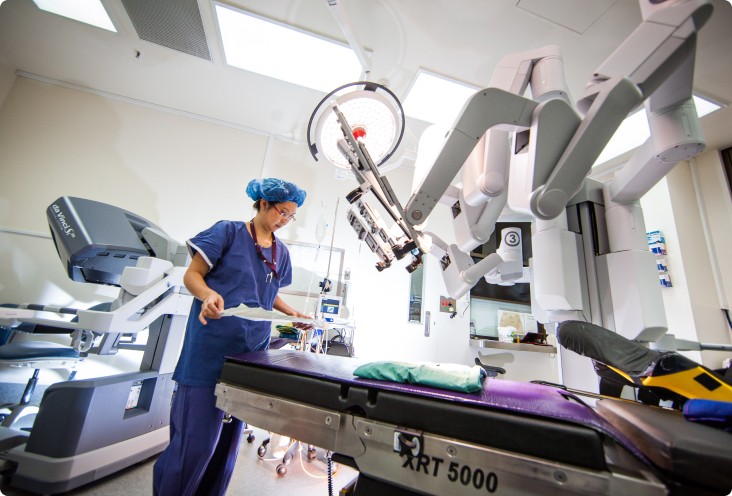
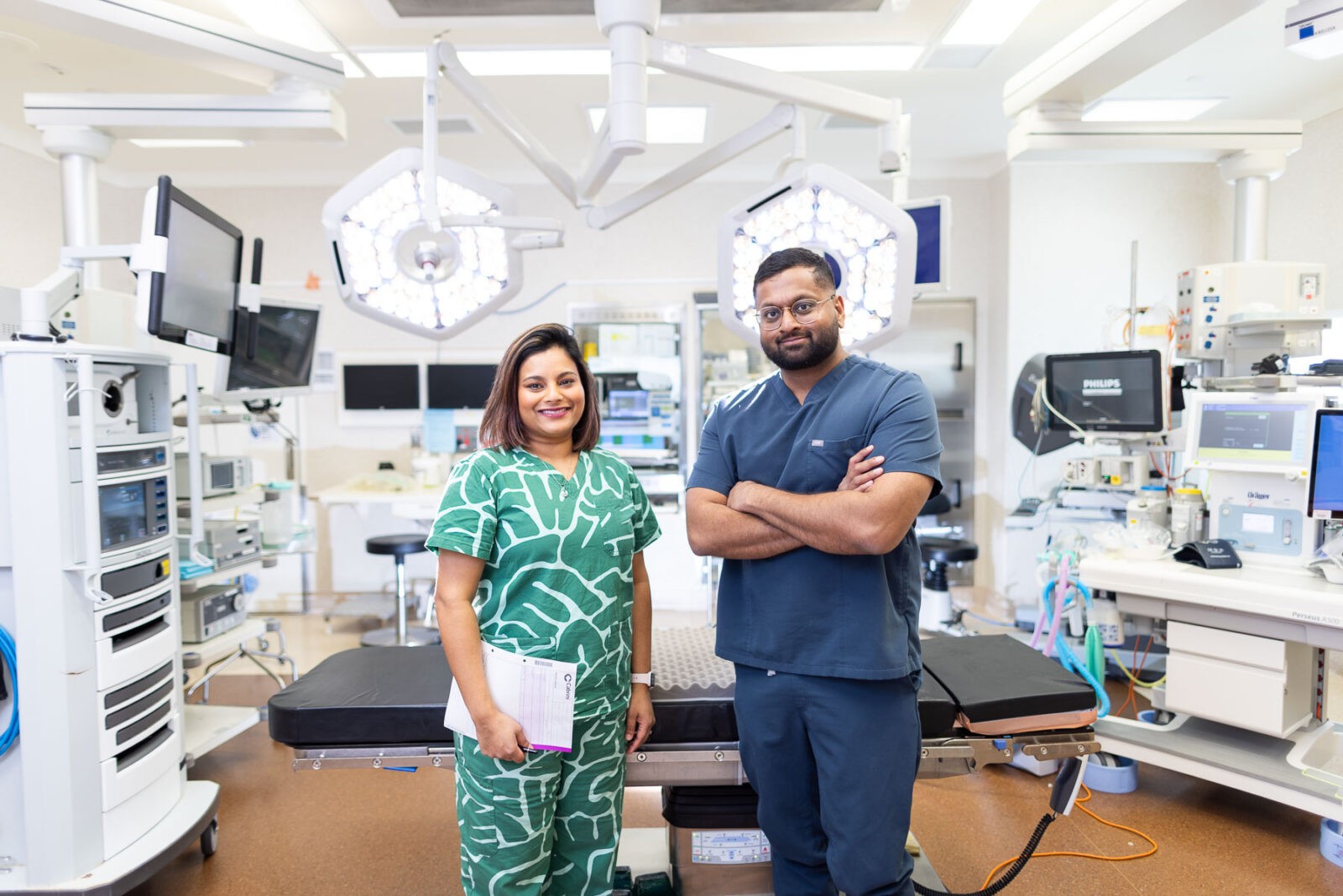
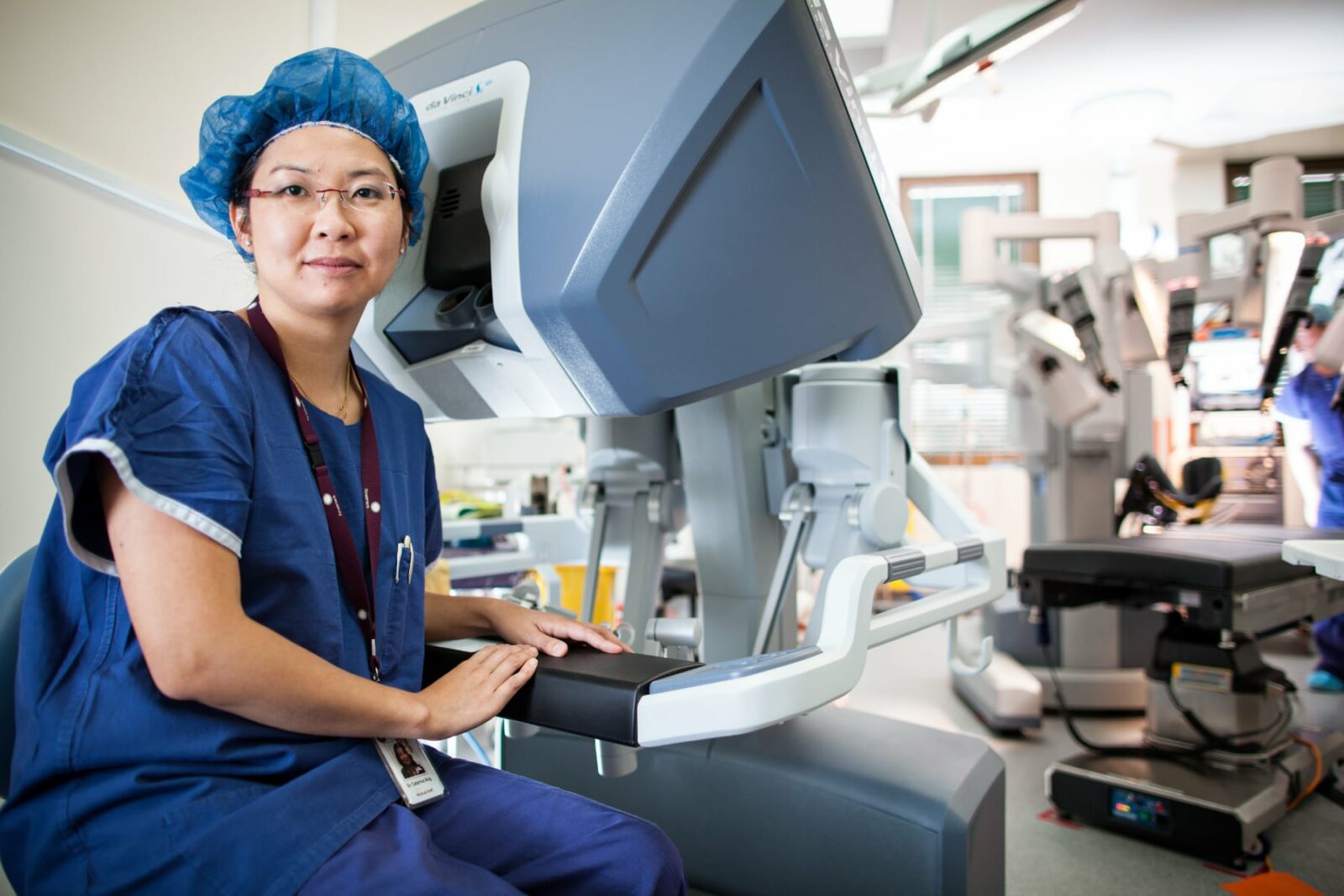
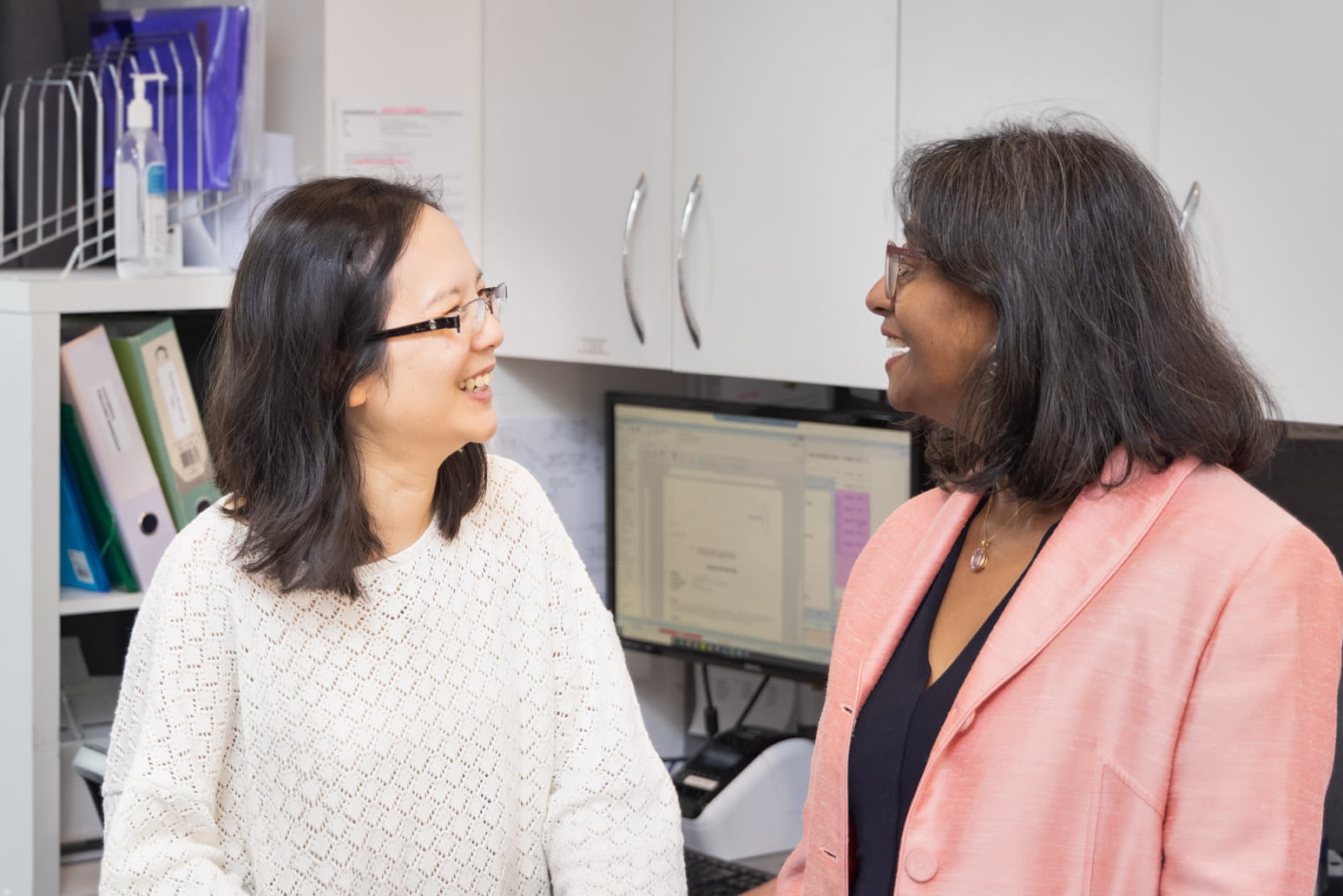
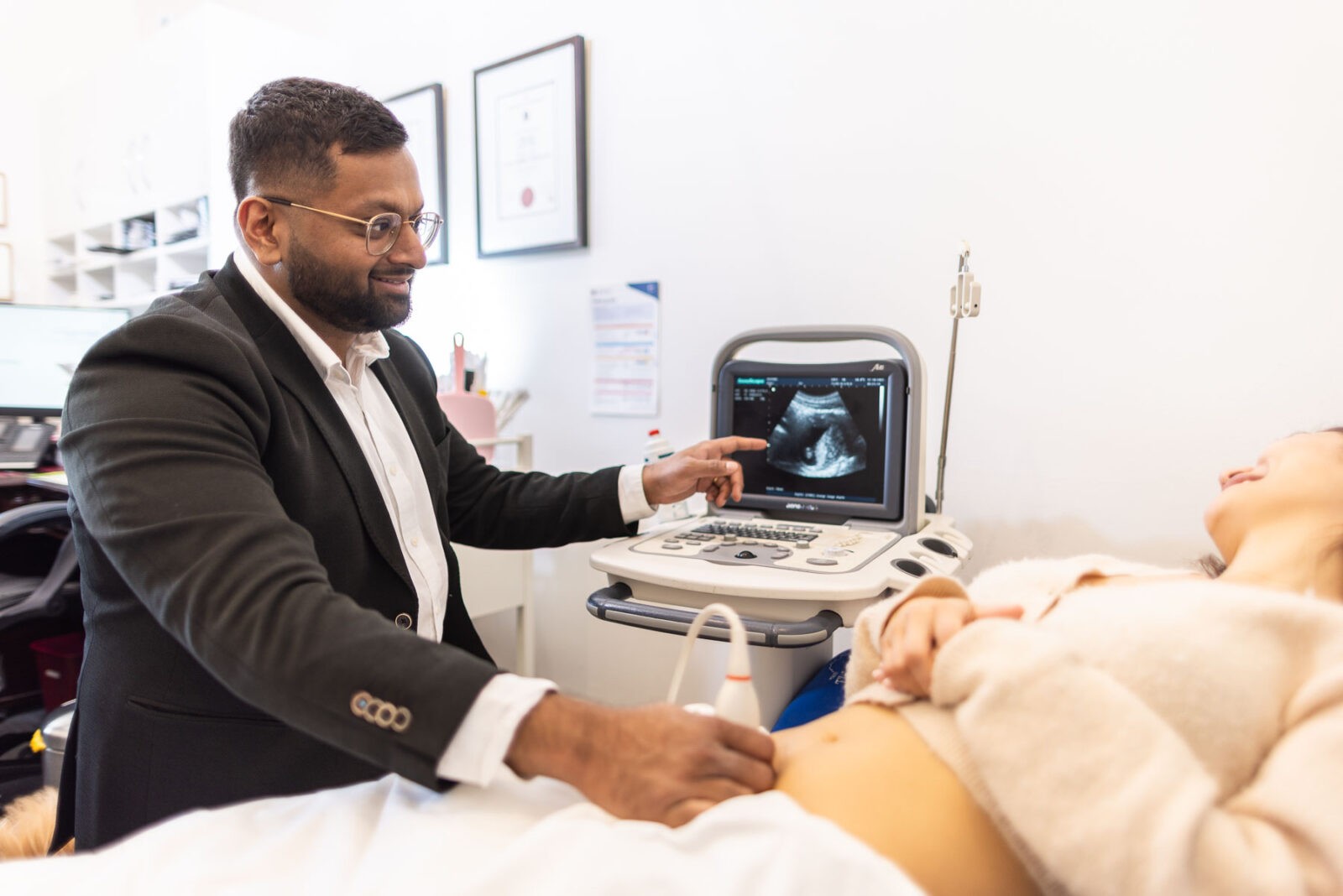
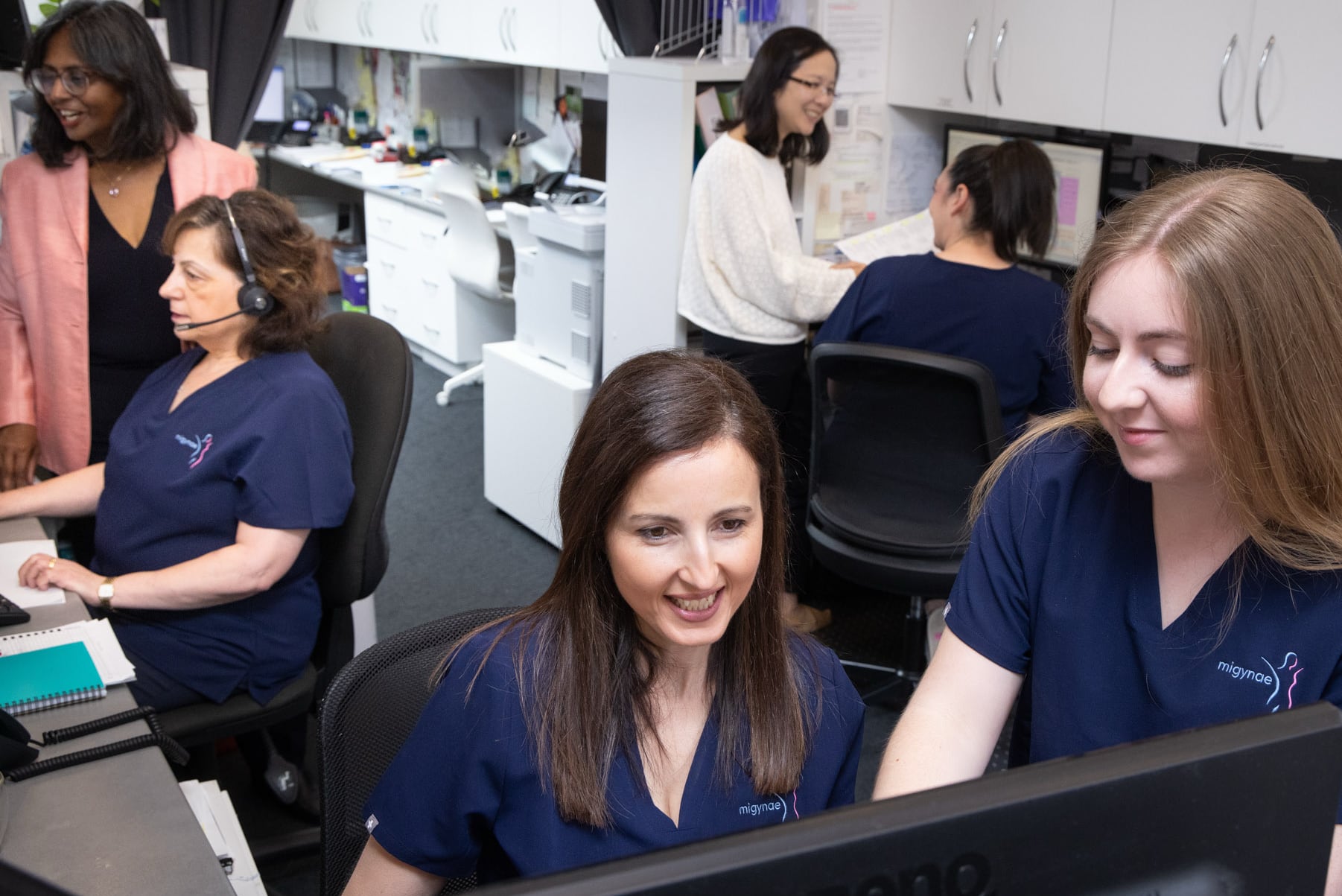
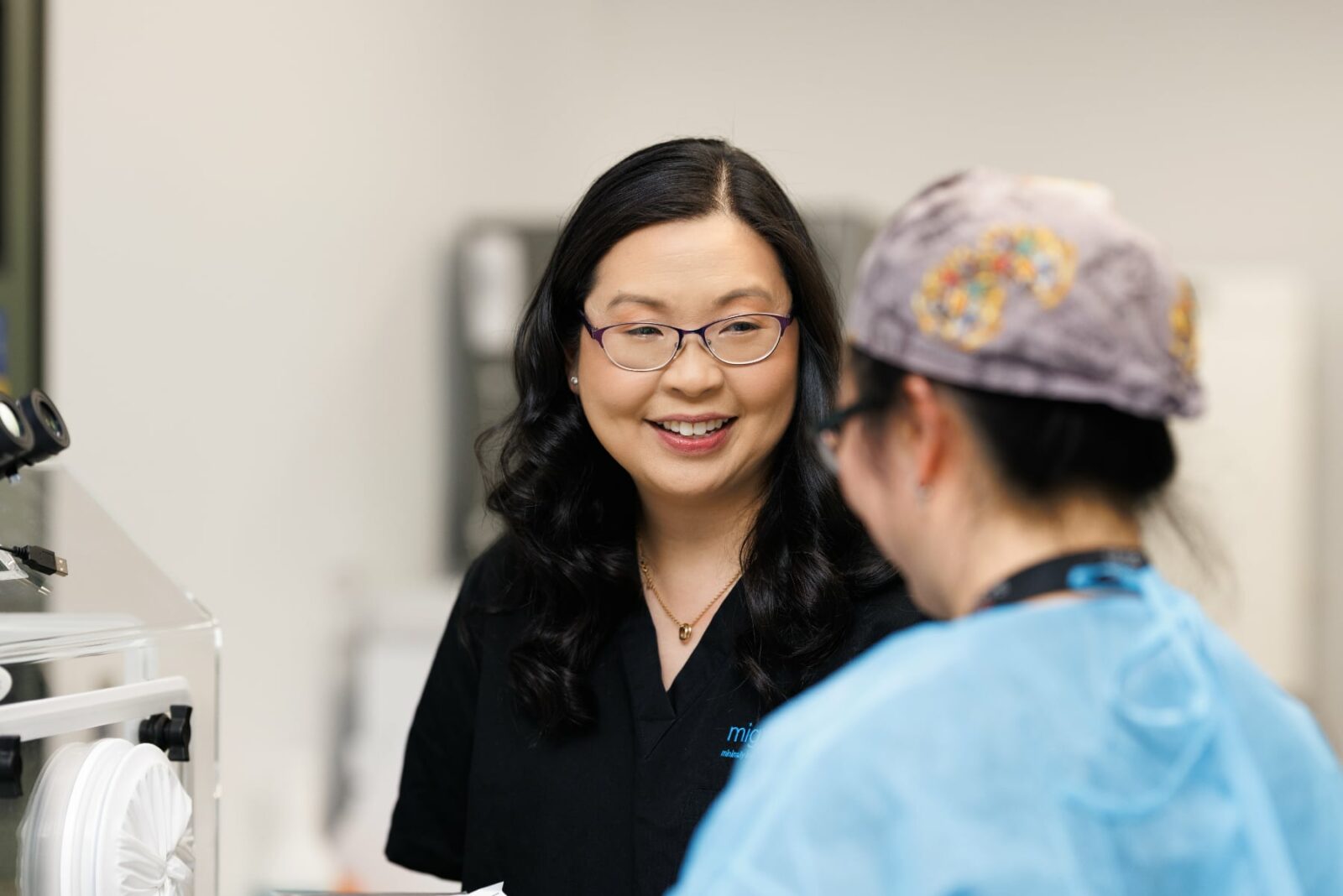

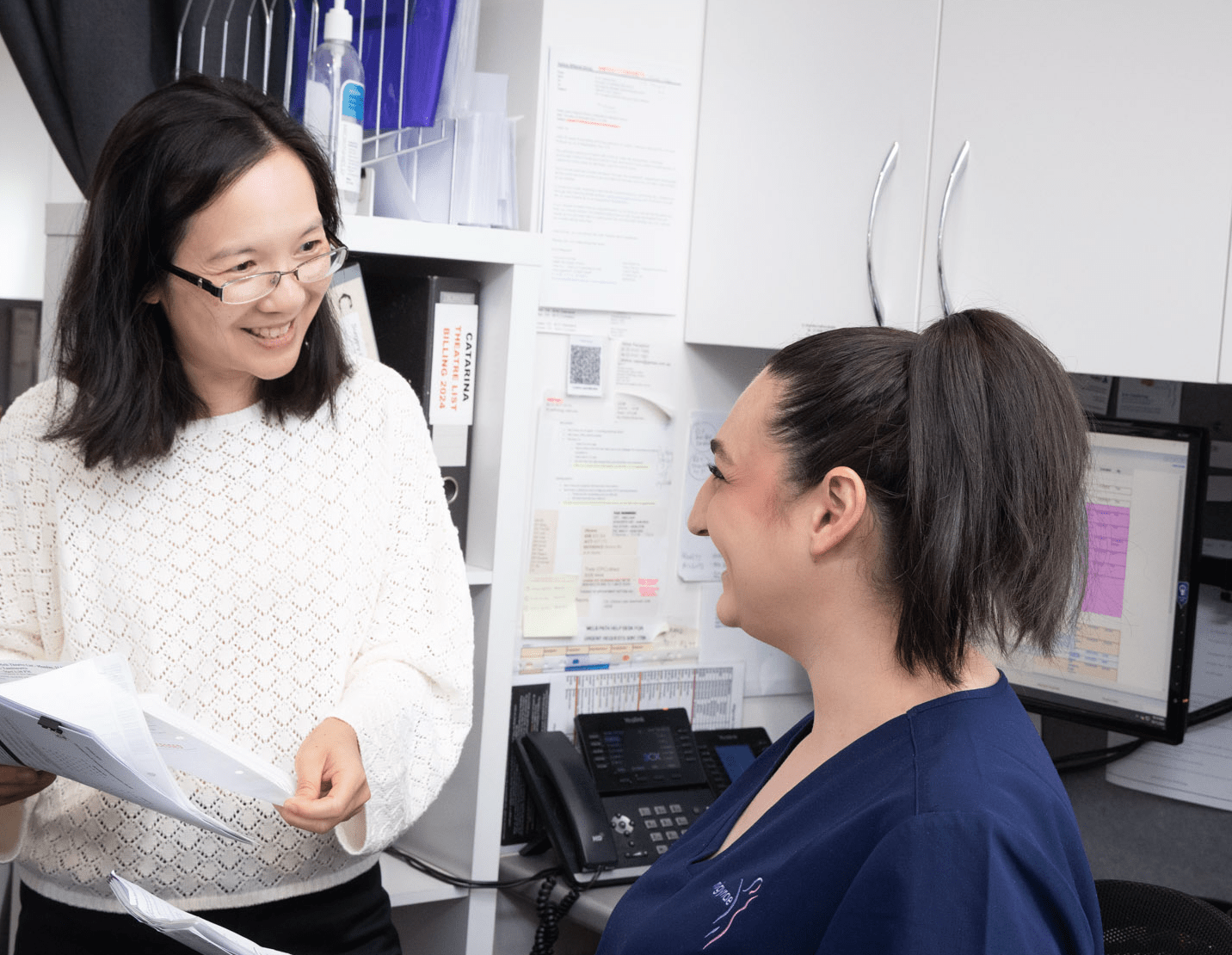

We are a general gynaecology and infertility treatment clinic based in Melbourne, dedicated to the latest minimally invasive gynaecological diagnostic and surgical techniques. We are leaders in laparoscopic and cutting-edge robotic surgery.
If you have a question about a condition or treatment, or would like to book an appointment, please get in touch.